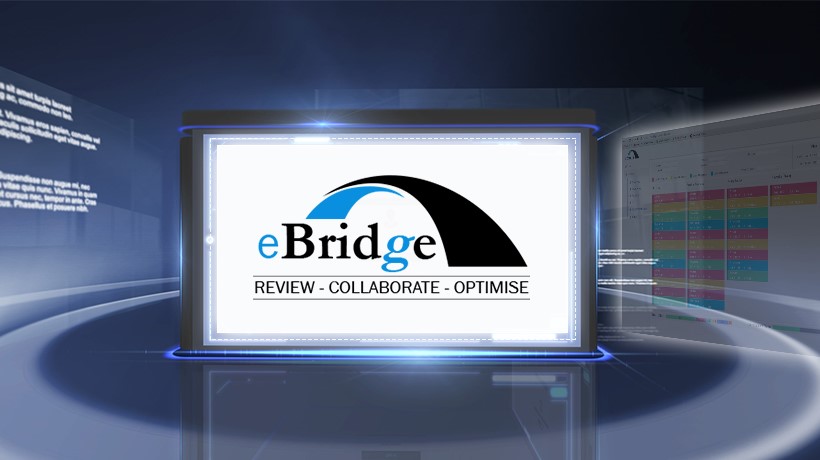
Organizations have tremendous investment in Flash-based legacy courses. With the phasing out of Flash, the legacy Flash courses need to be converted to HTML5 so that they can support multi-device delivery (that is, the same course can run across devices from desktops/laptops to tablets/smartphones).
In this blog, I outline how you can use this opportunity of Flash to HTML5 conversion to adopt new and trending learning strategies that will help you improve the ROI on your training spend.
I founded EI in 2002, and for nearly a decade, Flash was the leading (and often the only) authoring tool. Globally, organizations have a major investment in Flash-based courses that is now causing the following significant problems:
- Most present-day browsers do not support Flash.
- Most organizations offer mobile learning, and Flash is not supported on the majority of mobile devices.
As a result, the organizations need to allocate significant budgets on Flash to HTML5 conversion so that they can run across devices—notably mobile devices.
How Can You Use the Exercise of Flash Courses to HTML5 Conversion to Improve the ROI on Your Training Spend?
As you embark on this Flash to HTML5 conversion journey, don’t just opt for a technology update (new courses look the same although they are HTML5 compliant) but use this opportunity by relooking at the learning strategies that can help you maximize the impact of the new courses you develop.
To improve the ROI, you need a series of measures to be in place including:
- Improving the learner’s interest and reaction.
- Adopting sticky learning strategies.
- Providing measures to push the application of the acquired knowledge.
As you embark on the exercise of Flash to HTML5 conversion, opt for the following measures. These will improve all of the above-said three aspects and create a positive impact on the ROI of your training spend.
1. Improving the learner’s interest and reaction.
You can add teaser videos to inform learners on how the new and enhanced approach will help them learn better and perform better. Highlight the flexibility of “learning on the go” and on the device of their choice. If you need to add the policy of Bring Your Own Device (BYOD), highlight this aspect too.
2. Adopting sticky learning strategies.
During the Flash to HTML5 conversion, opt for redesigning some of the courses and adopt the current and trending learning strategies that can offer a more sticky learning experience. You have a range of options to pick from, notably:
- Microlearning
- Gamification
- Scenario Based Learning
- Story Based Learning
Use the Flash to HTML5 conversion opportunity to adopt techniques that resonate with modern learners and create a higher impact like:
- Videos
- Interactive videos
- Infographics
- Interactive Infographics
You can also look at different formats including:
- Mobile Apps for learning
- Mobile first designs (Fully responsive designs that are optimized for smartphones)
3. Providing measures to push the application of the acquired knowledge.
To push the acquired knowledge to application, opt for:
Performance Support Tools (PSTs or learning aids)
- Content curation
- Social learning
With all these measures in place, you will see an improvement on various levels including:
- Learner motivation
- Learner engagement
- Better knowledge retention (sticky learning experiences)
- Better application of the acquired learning on the job
- Higher completion rates
All of these will lead to an improvement of the ROI.
Summary
I hope this blog provides the required insights on how you can maximize the impact of the Flash to HTML5 conversion exercise and create a better ROI on your training spend. As I have highlighted, this exercise should not be just limited to technology uplift. Instead, you should use this opportunity to leverage on many measures outlined here and see an improved ROI.
If you have any queries or need any specific support, do contact me at apandey@eidesign.net.
Need More?
Want more insights on how you can use the Flash to HTML5 conversion to improve your ROI?
Schedule a call with our Solutions Architecting Team.
Read More
- Free eBook: Flast To HTML5 – Essential Toolkit For Successful Migration
- Migrate To HTML5 – Responsive Or Mobile-Friendly eLearning To Create High Impact Learning Experiences
- 4 Examples On How To Use Migration From Flash To HTML5 To Enhance The Impact Of Your eLearning
- Flash To HTML5 Migration – 7 Tips To Step Up The Learning Experience
- Why Moving Your Online Training Courses From Flash To HTML5 Makes Business Sense



